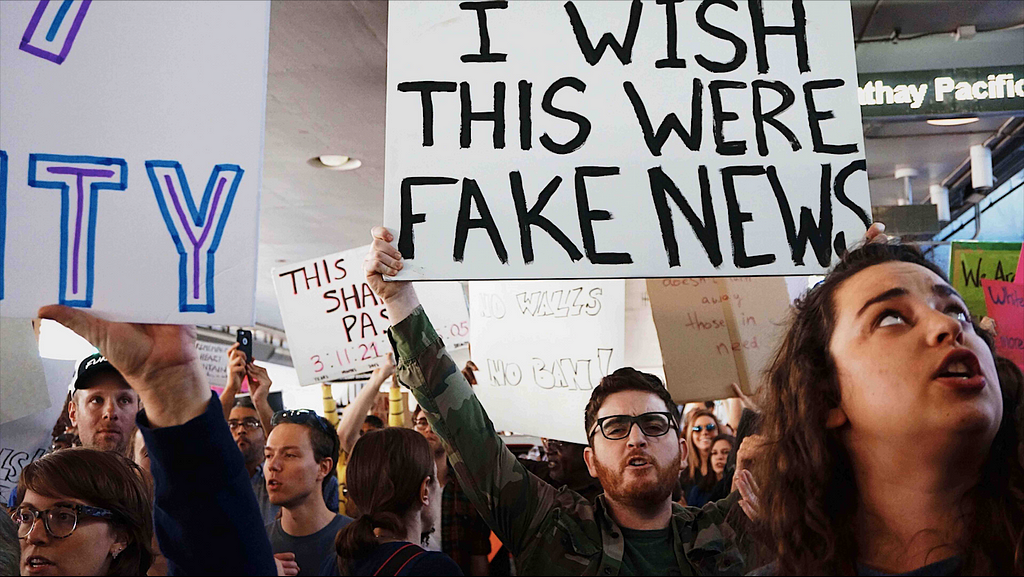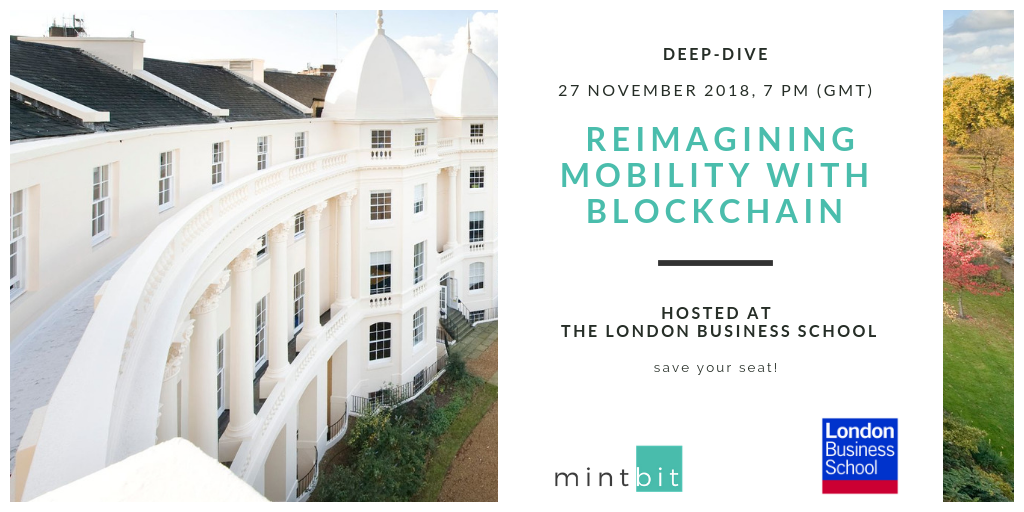Latest news about Bitcoin and all cryptocurrencies. Your daily crypto news habit.
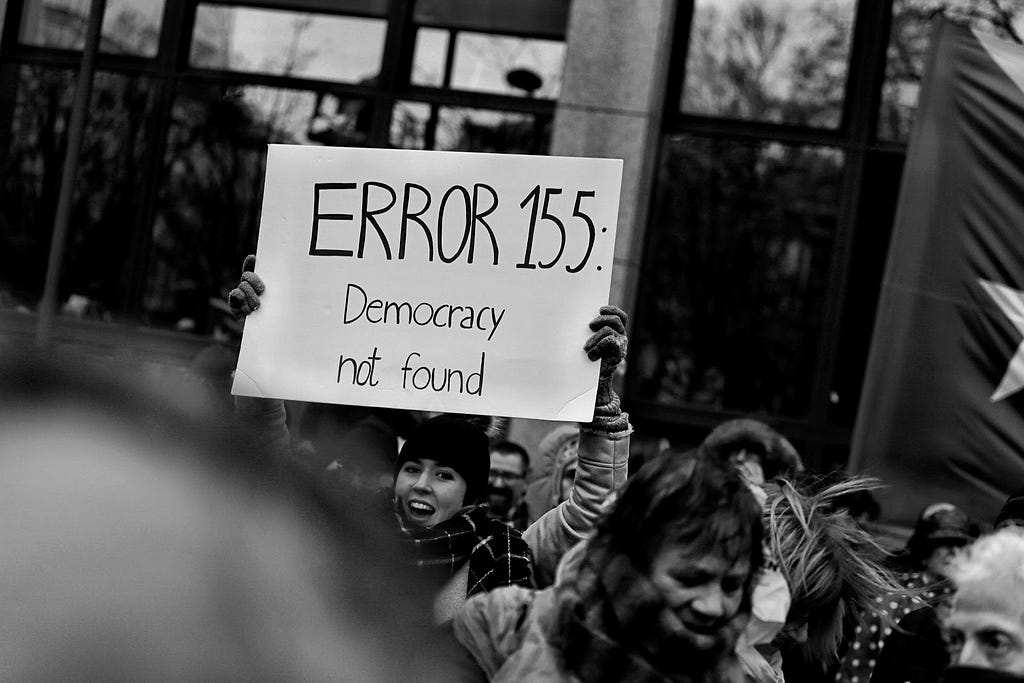
It is the summer of 2016, and the political agency Cambridge Analytica allegedly collected data from 220 million Facebook accounts to manipulate no less than the American presidential election itself. Fast forward to today, we find this is just one of many instances of institutions using personal data — our identities — in untrustworthy ways.
There are so many institutions that we put our trust in. What are we going to do if we discover that these institutions aren’t functioning in the way they’re supposed to?
Corporate institutions shape our online reputation, grant access to services, and define our digital networks. Governmental institutions control our voting rights. Our health care. Even our democracy itself.
During and before the 20th century, institutional failure was easy to spot. It often involved a revolution or military coup of some sorts. In the 21st century, it’s not that simple anymore. Institutions don’t outright fail, but, if we look closely, we see something scarier. A slow, gradual, erosion. This opens up a terrifying scenario: democracy could fail while remaining intact. All of this has to do with personal identity.
What stands at the core of this erosion is you and I. Billions of people willingly feeding our personal data into the institutional machine.
Do you know who knows who you are? Do you know how many algorithms make decisions daily based on your behaviour? How do we keep companies accountable if we don’t know which role we play in the infinitely complex web we’ve created? Do you even know who has access to your passport data right now?
No company is going to live forever, and no government is going to live forever. Yet somehow, we’ve grown content with granting the monopoly of identification to these impermanent institutions.
You would hope a government would be the more stable of the two. However, history has taught us that this is a dangerous assumption to make. A stable government is not a given. Governments can corrupt. Governments can go rogue. Governments can even collapse.
If your government collapses, you lose everything. Just ask Syrian refugees. Actually, over 2 billion people worldwide have no documents. Without a formal identity, you cannot vote. Without a formal identity, you cannot get a job. Without a formal identity, you don’t count. No papers, no prospects. This must change.
We need a new way of controlling our identity… And surprisingly, blockchain might provide an answer.
Blockchain-based identity could be our fail-safe. A way back when institutions are eroding. Blockchain could pave the way for a more equitable form of democracy.
Let me show you what I mean. Right now, we’re all like little dots…and we have relationships with big dots (the ones who control the flow of information). Facebook; Google; your government. Without those relationships, you don’t exist online, and in some part of the world, you don’t exist at all. This model of identity has serious flaws.
Here’s what a blockchain-powered ID could look like.
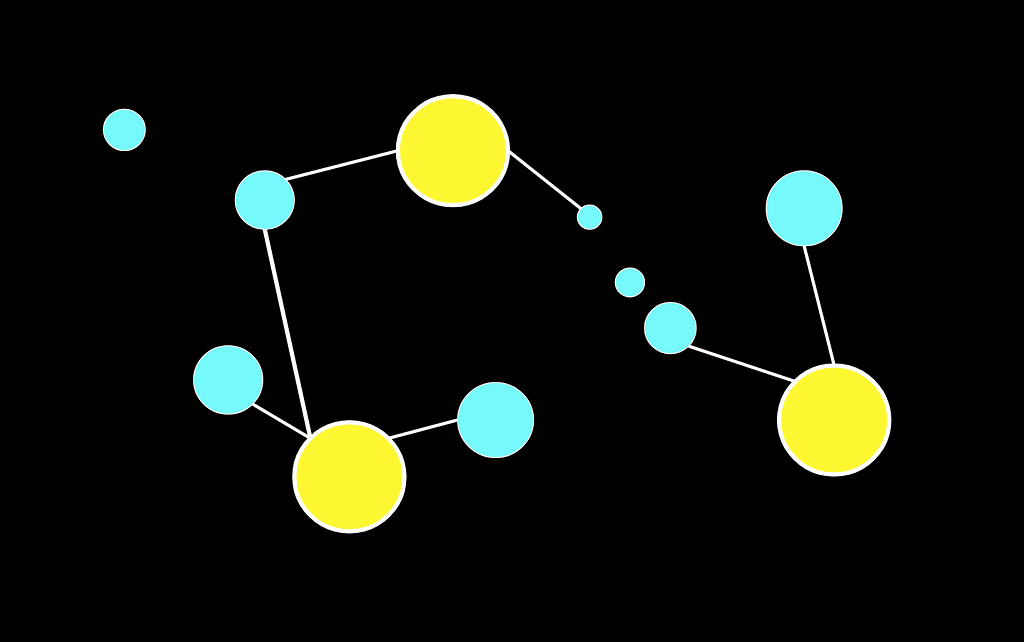
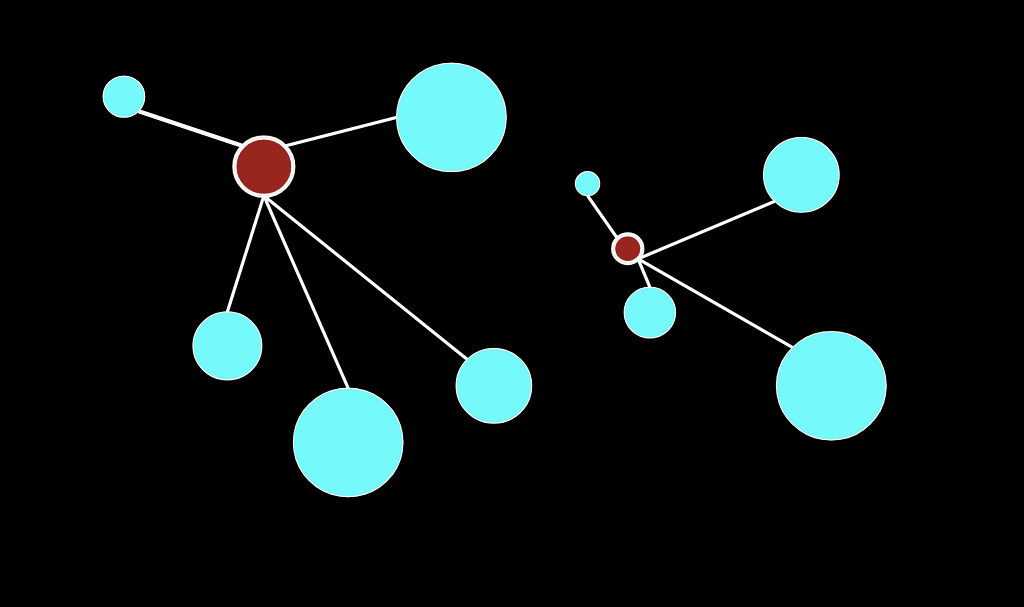
You are different things to different people. You share different information with your landlord than with your Tinder date or the tax agency. Within all this complexity, it becomes clear that it doesn’t make sense for a couple of big dots to have a monopoly on all your identifying data.
So what if many trusted third parties could verify smaller aspects of your identity? Modern identity is a web of relationships. So, why wouldn’t the person to connect the dots, be you?
We all know there is an obsession with over-collecting data. If you check into a hotel, you’re asked for your ID or your passport. The very same documents you use to cross borders. Who knows what happens with this data when you check out the next day?
Why not limit identification requests to a need-to-know basis? Why collect somebody’s date of birth, nationality, and gender, when all you really needed to know was: is this person older than 18?
Imagine you are staying in that same hotel, and instead of asking for your passport, the hotel verifies your claims with your travel insurance, verified and stored on the blockchain. Is this person older than 18? Yes. Easy as that.
By building many of these relationships, institutions and other services can recognise you. Interact with you. Acknowledge you.
Retaining control of your identity is tremendously important. And I will give you three reasons why.
First of all, making identities stronger, makes claims to human rights stronger. Even when the institutional system in your country collapses, you could still prove you are you. Your identity can no longer be taken away from you.
Secondly, identities can be abused. Throughout history, people have been prosecuted for their political beliefs, which god they prayed to, or who they loved. It’s easy to imagine how our current over-collection of data could lead to Orwellian situations.
Today in China, faces of jaywalkers are projected on billboards. This is real. You’re looking at the pinnacle of artificial intelligence, the internet of things, and facial-recognition, all working together to create public shaming in the internet age. Now imagine that you didn’t pay your parking fines. People on that list have found themselves blocked from borrowing money and even booking flights. This is happening today. Public shaming is a slippery slope. It goes from funny to creepy in a heartbeat.
Third and last, your identity has value, and needs to be protected. We don’t need to look far back to understand why. In 2017, one of the worlds largest credit agencies, Equifax, was hacked. Over 140 million US residents were exposed to hackers. Close to half the country. Entire identities have been stolen. Just imagine the damage people could do pretending to be you online.
This phenomenon extends to fake news. If you cannot tell forgery from reality, then it becomes easy to question the authenticity of anything. This already serves as a way for politicians to avoid accountability.
How did we get here? The key idea behind gathering data centrally is to prevent local distortions.
But identity is different. This is because identity is determined on a hyperlocal level, namely you. People have the right to change their mind. The right to change their marital status or religion. People also have the right to share that information without running the risk it will be used against them.
If identity is the most valuable thing we own, democracy is the most valuable institution we have created. Democracy allows us to institutionalise our voices, creating a world in our own image. But it stops working when we lose our voice.
So how do we reclaim our voice? Our voice to inform companies what personal information we are willing, and not willing, to share. Our voice to speak loudly to governments — and be heard.
By removing the monopoly of identification from corporations and governments, blockchain-based identity could turn the tide.
Identity is a fundamental asset of interaction. It is the very first step towards humanity in our data-driven society. We need to be able to control our own identities because that is the basis of democracy.
Tell us what you think! Does blockchain have the potential to save democracy? An utopian dream? Or, a realistic milestone?
Arwen Smit (@arwensmit) is CEO at MintBit (www.mintbit.io). Follow us for the blockchain insights on Twitter at @mintbit_.
This is a transcript of the keynote Blockchain-Based Identity Might Save Democracy, first presented at TEDxRotterdam in 2018.
We would love to invite you to our Deep Dive event at the London Business School — “Reimagining Mobility with Blockchain” — on the 27th of November.
Industry trail-blazers including Jesse Steele -XAIN AG, Mark Nixon -IOTA Foundation, Chris Kirby -Tomorrow’s Journey, Vangelis Andrikopoulos -Outlier Ventures, Arwen Smit — MintBit will come together for an insightful evening and will share their knowledge and experience.
We are looking forward to meeting more blockchain enthusiasts.
See you there!
TEDx: Blockchain-Based Identity Might Save Democracy was originally published in Hacker Noon on Medium, where people are continuing the conversation by highlighting and responding to this story.
Disclaimer
The views and opinions expressed in this article are solely those of the authors and do not reflect the views of Bitcoin Insider. Every investment and trading move involves risk - this is especially true for cryptocurrencies given their volatility. We strongly advise our readers to conduct their own research when making a decision.


